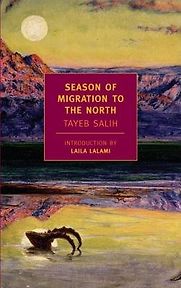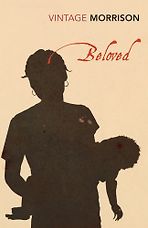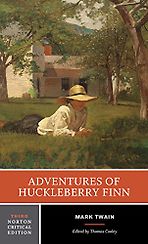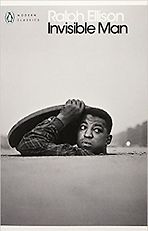Season of Migration to the North
by Tayeb Salih and Denys Johnson-Davies (translator)
Recommendations from our site
“In my opinion, it might be one of the best novels of the 20th century full stop. I picked it because it’s really good. It often comes top of these kinds of lists. It’s one of the few Arabic novels that has entered the canon of world literature. The book starts when the unnamed narrator comes back home to his small rural village after seven years of education abroad. That’s a classic trope of Arabic literature, so we are immediately on familiar ground. But things quickly move in unexpected directions. The narrator finds that there is a new resident of the village called Mustafa Sa’eed who has come from the capital Khartoum and is very popular with everyone there, although his past is a little murky.” Read more...
The Best 20th-Century Arab Novels
Raphael Cormack, Literary Scholar
“Tayeb Salih is basically a founder of what we call African immigrant writing, stories that are very popular at this particular time. In my opinion, Season of Migration to the North is amazing. As far back as the 1960s, Tayeb Salih was already tackling, in a vivid manner, the issues migrants to the West are confronted by: it’s hard to integrate because of cultural and religious differences, xenophobia, and the difficulties of getting employment or housing for not-properly-documented immigrants…I feel that African contemporary writing is in an age of restless migration to the North….Almost all the themes that he put there are what most writers at this particular moment are talking about. You can read Abdulrazak Gurnah, who won the Nobel Prize in Literature: Most of his themes are based on that. It’s as if he is haunted by the ghost of Salih.” Read more...
The Best African Contemporary Writing
Mphuthumi Ntabeni, Novelist
“It’s a novel about the clash of cultures, the intermixture of cultures. It’s a novel about what happens to a man, or two men, when they leave their village and go north, to England, the land where the fish die of cold, and get a western education, and some of the dangers of that. It’s a very strange and very complex novel” Read more...
“It’s a masterpiece. Probably the best Arabic novel of the 20th century. Subtle, dark and deeply ironic.” Read more...
Mathias Enard on The ‘Orient’ and Orientalism
Mathias Enard, Novelist
“Family structures, value systems, how a person’s sense of belonging changes, all of these are themes that Salih touched on and that many Arabs who have had rich experiences with the West can relate to. There are many aspects in most Islamic societies that would fly against some of the values that any liberal would probably advocate. How do Arab liberals then face such situations?” Read more...
The best books on The Arab World
Tarek Osman, Foreign Correspondent
“I love the title. It’s about a Sudanese man who has lived in England and been educated at Oxford and he goes back to his village and meets a stranger there, Mustafa, who has also been to England. The narrator is not named. It’s about return and what happens when you make that journey. Really, once you’ve left you can never come back, even if you do go back.” Read more...
Ellah Allfrey, Literary Scholar






